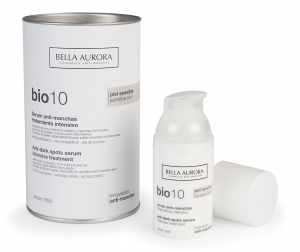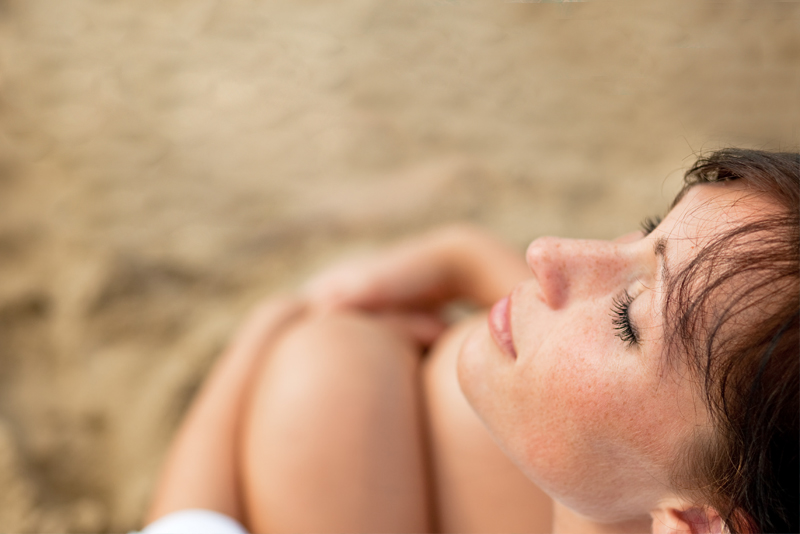Almost everyone wants a glorious tan in summertime. For some people, getting a lovely even tan is real pleasure, but some people have unexpected reactions, leading to rashes, spots and redness.
These symptoms are most common in women between the ages of 15 and 35 years, because of depletion of the ozone layer and because the sun’s rays are increasingly powerful, its effect is sometimes confused with a sunburn. This is known as photosensitivity.
Do you know how to recognise it?
Photosensitivity is a skin reaction to light, usually to sunlight, which occurs when two triggering factors meet: a photosensitive ingredient + light. Neither the photosensitive ingredient nor the light are harmful alone, unless you have another type of allergy. However, when they come together, they can cause skin reactions that range from uncomfortable to serious. Many medicines and cosmetics on the market have photosensitive ingredients. This does not mean they are bad, but when you take or use them on your skin and are exposed to the sun, you may have an unexpected reaction. In case of depigmenting treatments, you must be particularly careful, otherwise they may have the opposite effect and dark spots may appear. One example of this is hydroquinone, a highly photosensitive ingredient that can cause extreme redness, peeling and eczema in contact with the sun.
Bella Aurora’s depigmenting treatments, all with non-photosensitive ingredients, which can be used year round (even in summer) can be used without worrying about adverse skin reactions to the sun.
To obtain scientific proof that its products are not photosensitive, the laboratories at Bella Aurora performed a photosensitivity test with bio10 shock treatment for sensitive skin, with excellent results: Twenty-five volunteers used the treatment for six weeks, and there were no cases of photosensitivity caused by its ingredients.

“Although Bella Aurora products are formulated with ingredients that do NOT cause photosensitivity, when using bio10 shock treatment you must still check if any medications you may be taking cause photosensitivity and always use a highly protective sunscreen to protect your skin from unwanted reactions” says Anna Farré, chemist at Bella Aurora Labs.

